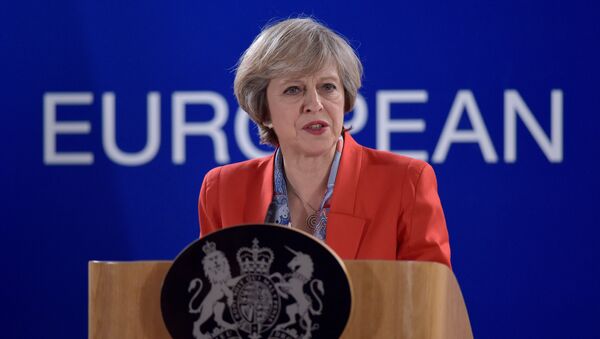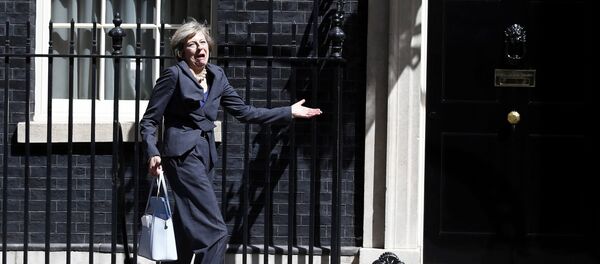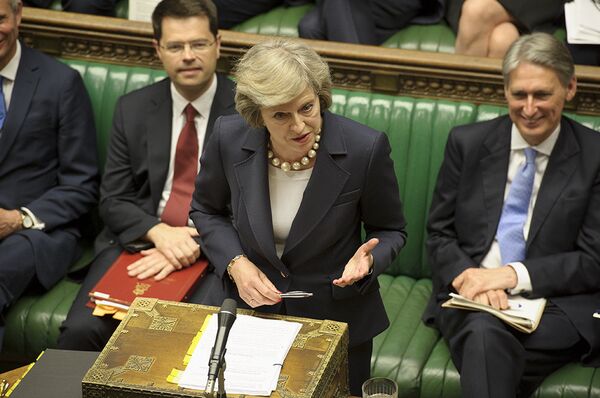Theresa May has always said "Brexit means Brexit" while also refusing to give a "running commentary" on her backroom tactics for negotiating Britain's exit strategy for the EU and its new relationship with the EU after Brexit.
The issue came to a head, December 7, when the UK opposition Labour Party forced a vote in the House of Commons, which elicited an agreement from the PM that she would publish a "plan" for Brexit before formally beginning the process of leaving the EU — by triggering Article 50 of the Treaty of Lisbon.
However, the depth and breadth of that plan is the subject of much speculation as May has long made it clear she will not allow the full details of her negotiating plan to be made public ahead of face-to-face talks with the Brussels institutions.
NEW REPORT: Civil service lacks details and directions to deliver Brexit https://t.co/3QEqmEtLls pic.twitter.com/qeC0knw4KO
— Institute for Gov (@instituteforgov) 14 December 2016
However, in its latest summary of the position, the Institute for Government (IfG) says "the civil service urgently needs to be told how to prepare for the negotiations process and life outside the EU".
In its report, 'Whitehall's preparation for the UK's exit from the EU', the leading think tanks said government departments are not working consistently across the board to ensure we have the policies and implementation plans in place to avoid a "cliff edge" at the point of exit.
"We are rapidly approaching the triggering of Article 50, but our research shows that the civil service still doesn't have what it needs — in terms of money, staff and information — to enable politicians to get the best deal for the country," said Dr Hannah White, the IfG's Director of Research said.
"This is not about revealing whether we are heading towards a hard, soft or gray Brexit. This is about being ready for the negotiations, and getting ready for life after Brexit. We know the civil service has the skill to do this, now it needs clear direction from Number 10."
'Immense Complexities'
Sir Jeremy Heywood, the UK Cabinet Secretary and the most senior civil servant in Whitehall wrote in a recent blog that the complexities of unraveling 43 years of entanglement with Brussels are immense.
"Even for an organization used to reacting at speed to handle change, including the transition from one government to the next, the challenge of Brexit has few, if any, parallels in its complexity. Membership of the EU is embedded in the laws and institutions of the United Kingdom.
"Negotiating the terms of our withdrawal and disentangling four decades of EU laws and regulations from our statutes and wider regulatory frameworks, deciding what to keep and what to discard, will take time," Heywood wrote.
The IfG says that, at the point of triggering Article 50 — which the British PM has promised will be by the end of March 2017 — the Government should know not only what its priorities and positions are, but also the mechanics through which it will manage the talks.
"Waiting for the details of the deal is not an option if the UK is to be ready for life after Brexit," it warns.




